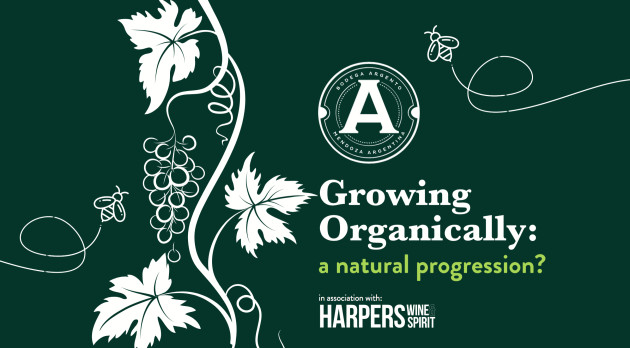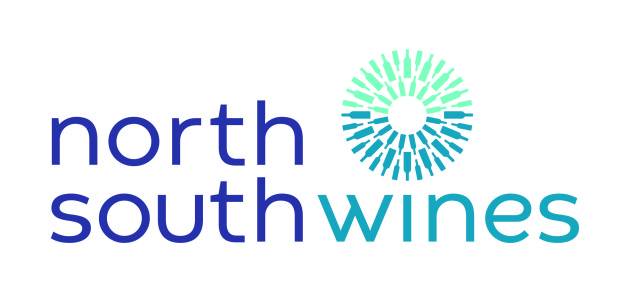
Organic growth a ‘global phenomenon’, helping reboot depressed wine market
Against a backdrop of globally dampened wine market, organic wine sales are predicted to rise from a 2.8% share of world wine sales to 4% by 2024, potentially representing an increasingly important driver of recovery.
This was the headline takeaway from Harpers recent Growing Organically – A Natural Progression (Part 1) webinar, which brought together a panel of experts to focus on the advance of organic viticulture and the opportunities this path delivers.
In an opening presentation, Daniel Mettyear, IWSR’s head of wine, outlined a moribund global wine market in the wake of the pandemic, predicting that it could take until 2024 for global wine consumption to recover to 2019 levels.
However, a dive into the trends that have been hastened by the pandemic revealed that health concerns around Covid-19 are continuing to boost consumer appetite for organic produce, including wine.
“If we look at some of the trends, ecommerce is 2020’s clear winner. But also we’re seeing a laying bare of the fragility of our way of life, with sentiment going towards health and ethical consumption in the short term,” said Mettyear.
“And we believe that will accelerate in the long term – [focus on] ingredients, authenticity, proximity, wellness, and care for self, society and planet are all climbing, and driving the organic process in food and, indeed, wine production.”
Saying it was “important to realise that this is a truly global phenomenon”, Mettyear drew on IWSR research revealing that organic wine had grown its market share globally by 9% over the five years before Covid struck.
He added that this trend was “absolutely massive” in key markets such as Germany, France, the US and UK, but with countries such as Sweden and Australia leading the charge (at 22% and 11% growth respectively), while the likes of Spain, China and Denmark has also been showing “some very promising growth”.
And it’s a march that is predicted to continue, albeit at a slightly slower pace, but at a time when the hit to sales through on-trade globally has not been compensated by the dramatic upswing in retail and ecommerce purchasing.
Carmel Kircline MW, head of technical at Bibendum, who focused on sustainability as part of her qualification, highlighted how consumer understanding of organic had evolved, again with this being accelerated by the global health crisis.
“Historically consumers have become a little more aware about organics in terms of their personal health, about the reduction of chemicals, of sulphides at lower levels, but increasingly the wider picture, about the impact of agriculture [on the environment], is definitely being recognised.
“In the past, a lot of consumer may have bought organic across a lot of categories and it felt a little bit niche. Certainly that has broadened out, as more consumers see it as something that fits into their lives, and they’ve become more aware that every purchase decision you make has an impact.”
For Juan Pablo Murgia, head winemaker at the organic Bodega Argento, which partnered with Harpers to run the seminar, much of the work involved in organic viticulture comes down to “emulating the traditional way of management”, when winemakers and growers had a much closer connection to and understanding of the importance of the health of vines and soils.
This, in turn, resonates with modern, shell-shocked and increasingly health conscious consumers looking for a more sustainable path.
“I come from a winemaking family in Mendoza and their way of management was very traditional, even if not organic certified, it was very simple, but with a strong knowledge of vineyard management,” said Murgia.
“We didn’t start by thinking about organic certification or labelling, but after we had to make that jump, the idea was to grow and manage vineyards in that way because we really believe the results – the quality, the colour and the texture of the wines – are much better, fresher and richer, when we manage vineyards in that way.”
Moreover, as Kircline highlighted, organic wine has crossed a rubicon, shifting from niche to ever-more mainstream, with the category now aligned with another persistent trend that Mettyear touched on – namely that of ongoing premiumisation in the global wine market.
From the trade’s perspective, faced with a long climb to regain lost sales, the emergence of organic as a strong cue of sustainable quality, can only be a good thing given the lead the wine world has taken in advancing its environmental credentials.
You can watch the full recording of Growing Organically – A Natural Progression (Part 1: Viticulture & Winemaking) webinar here.
The second, complimentary Growing Organically – A Natural Progression (Part 2: Engaging the Consumer) webinar is available here.
Keywords:
- Bibendum
- IWSR
- Organic Wine
- argento
- webinar
- Growing Organically – A Natural Progression
- Viticulture & Winemaking
- Engaging the Consumer
- Juan Pablo Murgia





